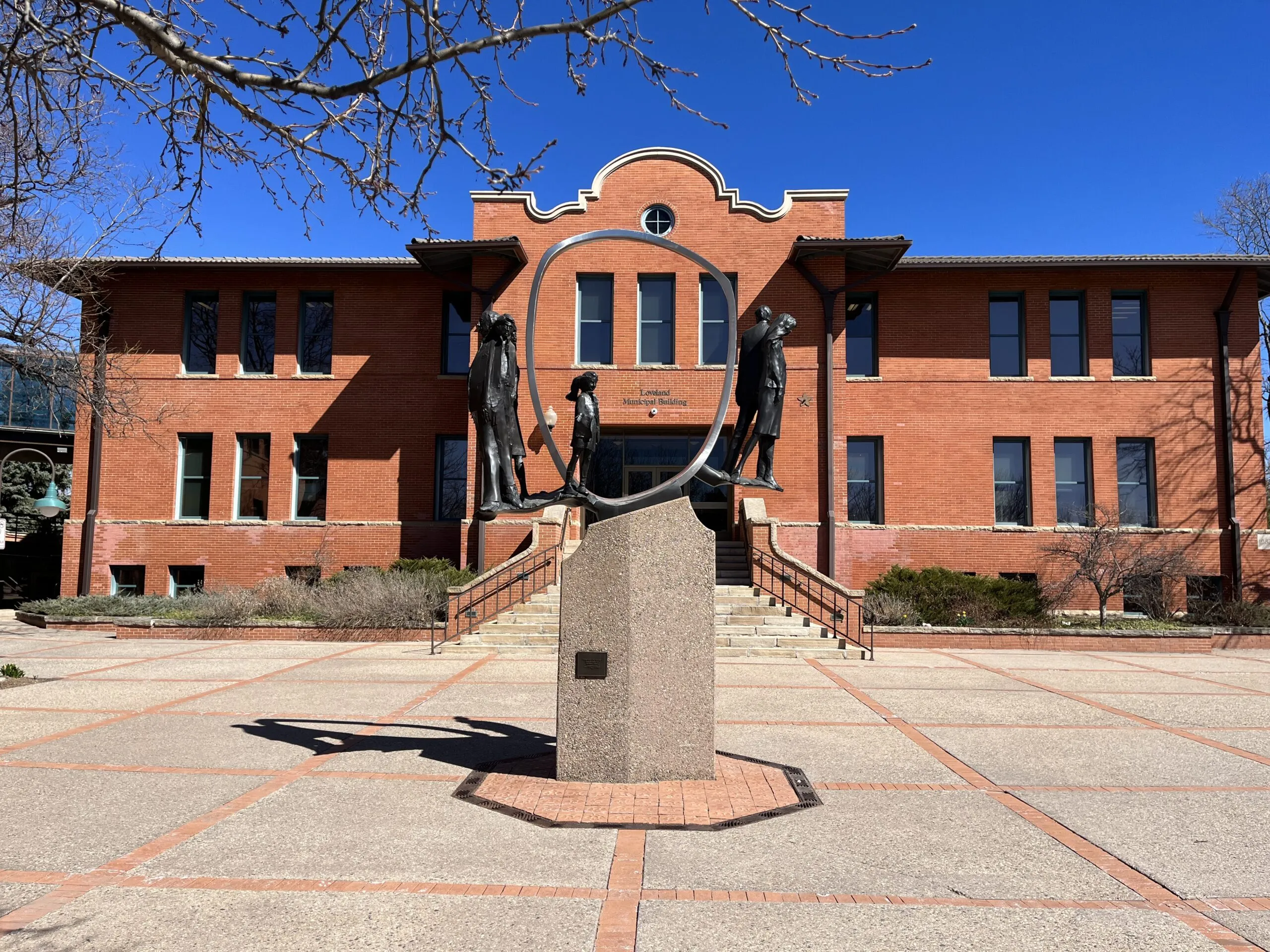Loveland special prosecutor gets OK to file charges if warranted

A special prosecutor appointed last Friday by the five-member Loveland City Council majority was given the power Tuesday to file misdemeanor criminal charges if they’re warranted against four other members and three former members who are accused of violating state and local open-meetings laws.
THIS ARTICLE IS FOR SUBSCRIBERS ONLY
Continue reading for less than $3 per week!
Get a month of award-winning local business news, trends and insights
Access award-winning content today!
Already have a paid subscription?
Sign in with GoogleSign in with Google



